In the sacred scriptures of Hinduism, the tale of Rishi Bhringi unfolds as a captivating narrative of devotion, stubbornness, and the eventual acceptance of divine wisdom. As per Shiva Purana, Rishi Bhringi stands out as an ardent devotee of Bhagavan Shiva, whose unwavering allegiance led to a series of remarkable transformations, both physical and spiritual.
Bhringi’s daily ritual was a testament to his devotion. Each day, he would fervently worship Bhagavan Shiva at the divine abode of Mount Kailasa. However, his devotion took an unusual turn as he adamantly refused to consider Devi Parvati, the divine consort of Shiva, as a part of his worship. This refusal would set the stage for a series of events that would shape the destiny of Rishi Bhringi.
At the conclusion of his daily worship, Rishi Bhringi would perform a pradakshina, a circumambulation, around Lord Shiva. It was during one such ritual that Devi Parvati, desiring to be a part of the sacred observance, chose to sit close to Bhagavan Shiva. Despite her presence, Bhringi remained resolute in his decision to exclude the Devi from his worship. To express his unwavering devotion to Shiva alone, Bhringi transformed himself into a bee and circled around Shiva, refusing to acknowledge the divine feminine energy represented by Devi Parvati.
The consequences of Bhringi’s stubbornness were profound. Devi Parvati, offended by his refusal to recognize her divine presence, cursed Bhringi to be devoid of everything feminine within him. This curse resulted in a drastic transformation, turning Bhringi into a skeletal being, depicted as such in most visual representations. Stripped of his feminine energy, comprised of flesh and blood, Bhringi became physically weakened and unable to stand.
In a display of compassion, Bhagavan Shiva, moved by Bhringi’s plight, provided a solution. To support the feeble sage, Shiva granted him a third leg, symbolizing divine intervention and compassion. Thus, Bhringi is often depicted with three legs, a visual representation of his unique story of devotion and divine grace.
The narrative takes a turn as Shiva and Devi Parvati decide to teach Bhringi a profound lesson. In an attempt to emphasize that Devi is inseparable from the divine, Shiva and Parvati merged to form the Ardhanariswara, a divine androgynous form that represents the union of masculine and feminine energies. When Bhringi returned for his daily ritual, he was confronted with this divine amalgamation, intended to convey the inseparability of Shiva and Parvati.
However, Bhringi’s devotion remained steadfast and singular. Unyielding in his determination to worship only Shiva, he transformed himself into a beetle and began drilling a hole in the middle of Ardhanariswara. His intention was to move only around the Shiva part of the divine union, further emphasizing his commitment to Shiva-centric worship.
Intrigued and moved by Bhringi’s uni-directional devotion, Devi Parvati accepted his stubbornness. Instead of condemning his actions, she blessed him, recognizing the depth of his unwavering commitment. The story of Rishi Bhringi thus concludes with a profound message of acceptance and the acknowledgment of diverse paths to divine realization.
Bhringi’s tale serves as a reminder that devotion comes in various forms, and the divine recognizes the sincerity of the heart. His journey from a bee to a beetle, from skeletal transformation to divine acceptance, encapsulates the complexities of spiritual devotion and the transformative power of divine grace.
In essence, Rishi Bhringi’s story teaches us that while the paths to divinity may differ, the ultimate destination is a union with the divine. The acceptance of diverse forms of devotion and the recognition that the divine encompasses both masculine and feminine energies are central themes in this timeless narrative.
As we reflect on the tale of Rishi Bhringi, we are reminded of the richness and diversity within the tapestry of Hindu mythology. His story encourages us to embrace the complexity of spiritual journeys, to acknowledge the various forms of devotion, and to understand that the divine, in its entirety, transcends all boundaries. Rishi Bhringi’s unwavering devotion and the subsequent blessings he received stand as a testament to the inclusivity and boundless compassion of the divine.


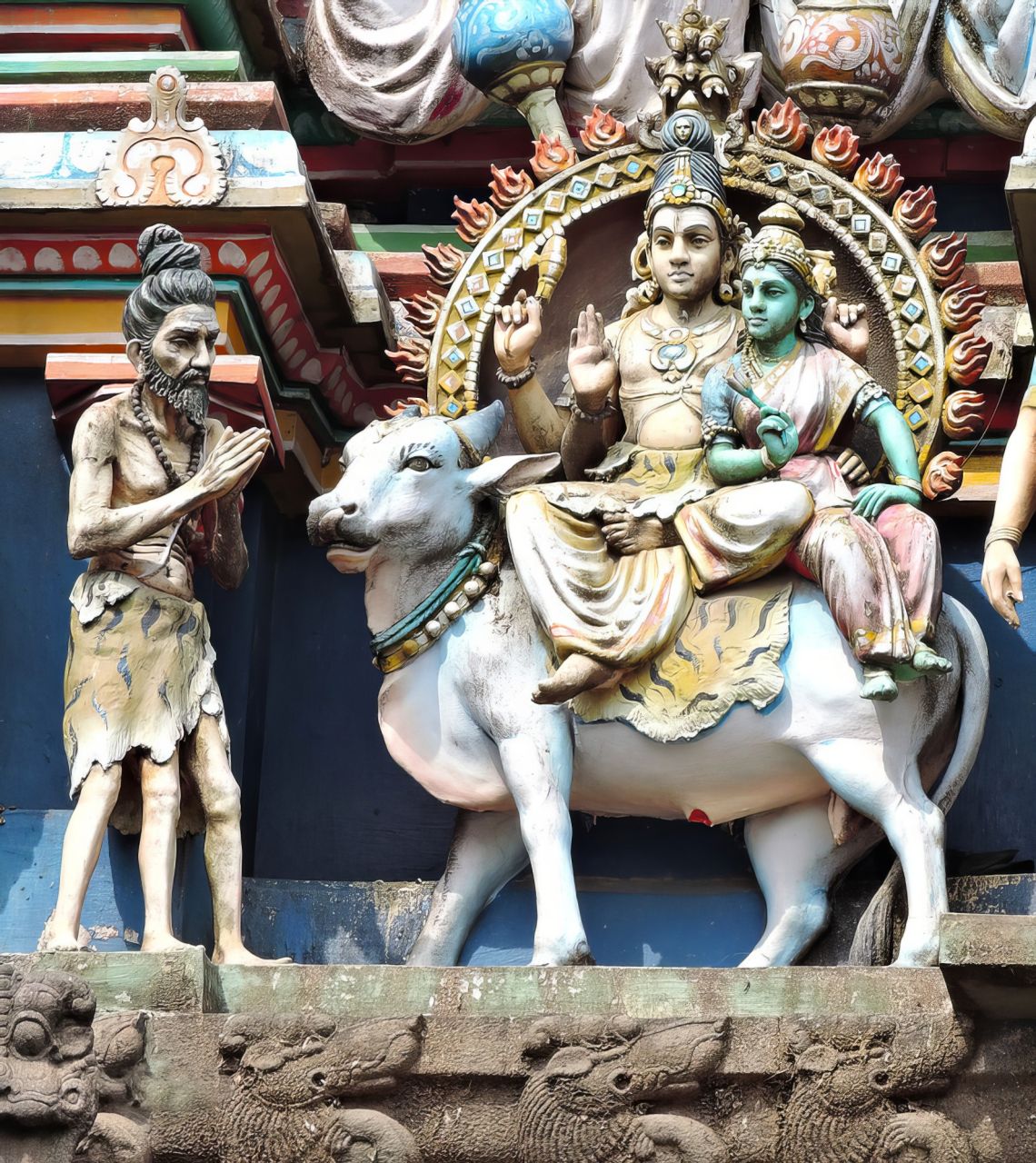
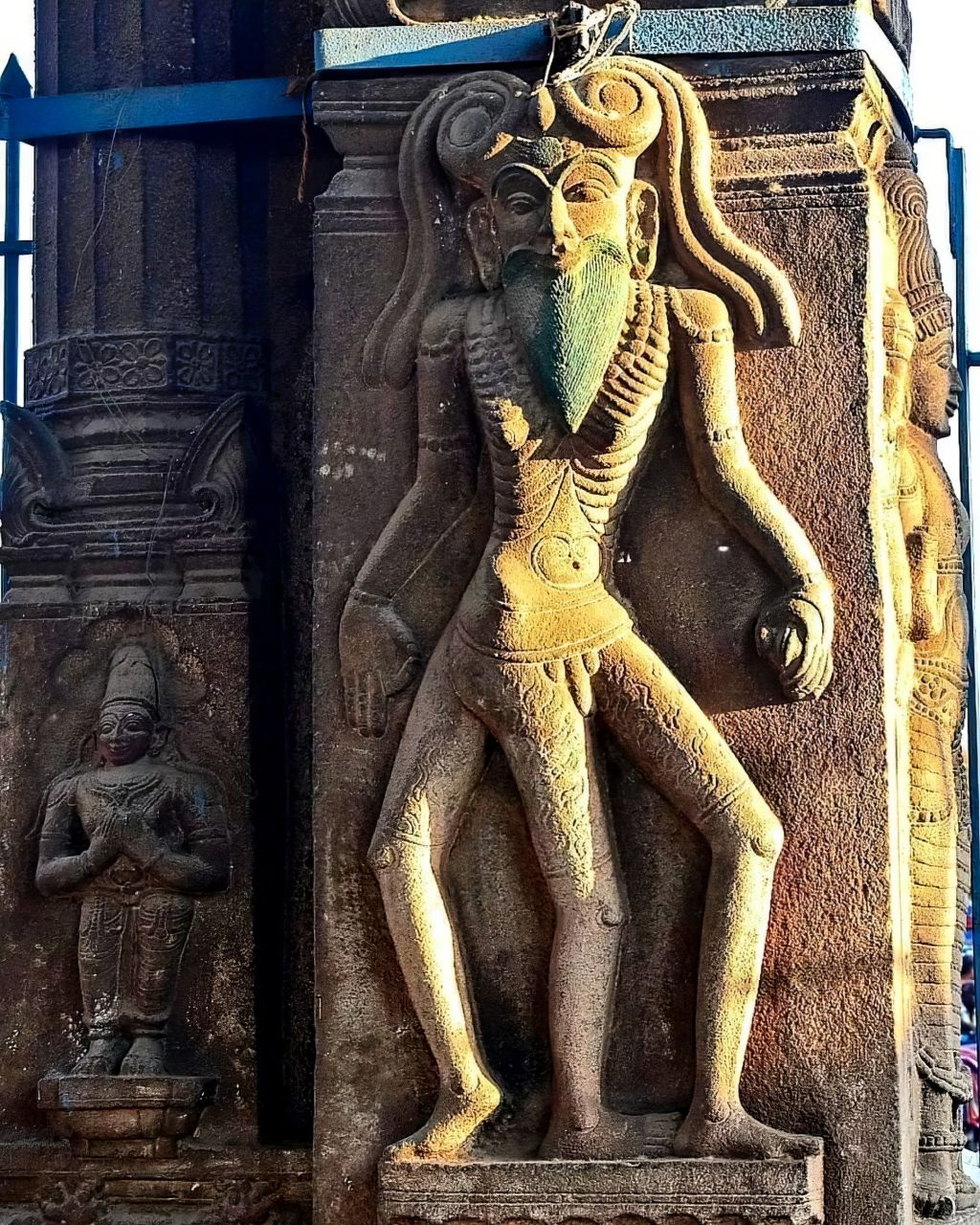
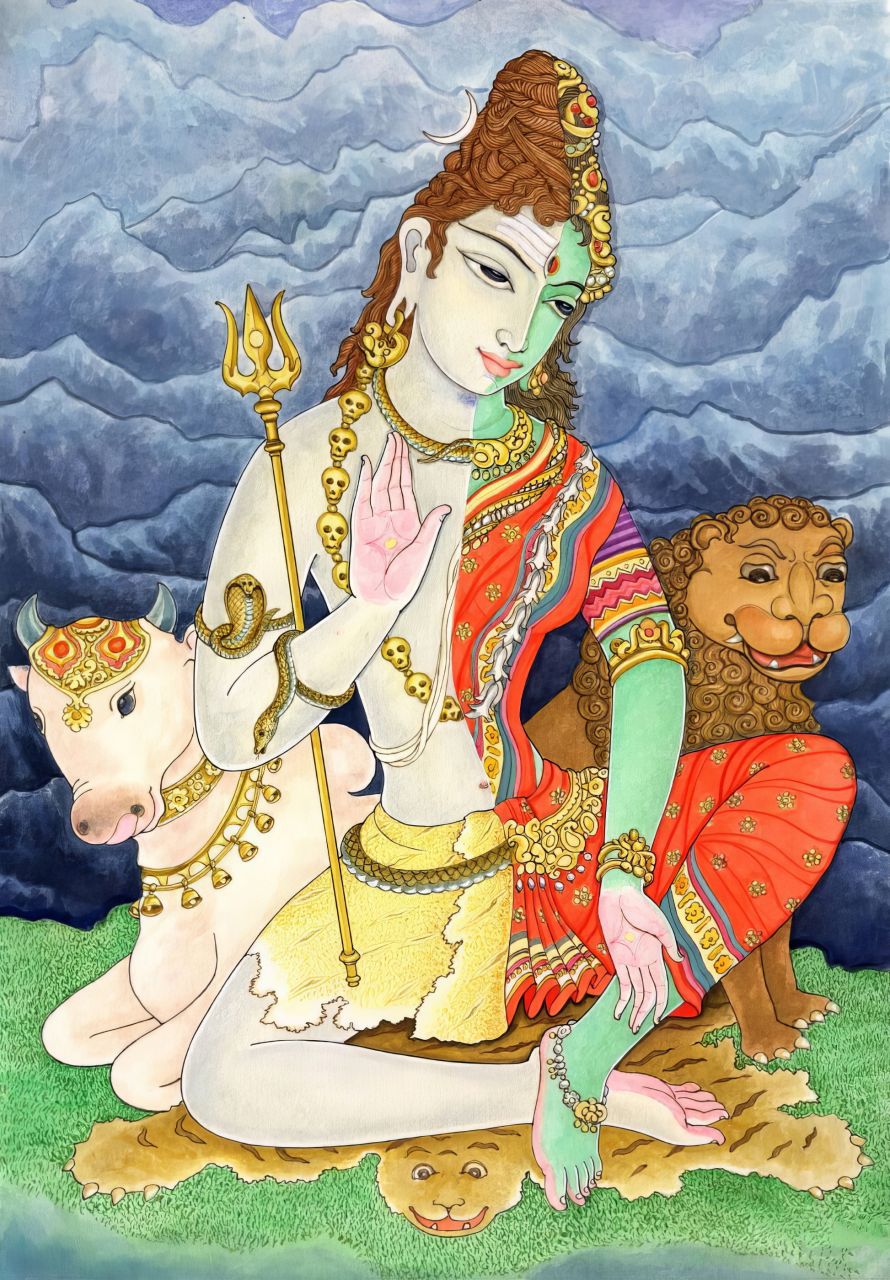

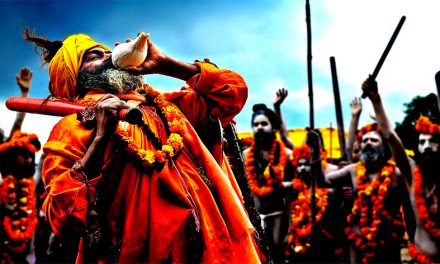
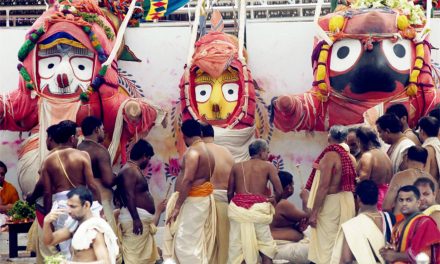









Very interesting information which i have come to know to day. Thanks for post
Very interesting, never heard of this part of our scripture before. Fascinating.
Excellent story of our Hindu culture…….
Thanks for the wonderful information. Sincere devotion is blessed by the Supreme.
A very interesting story of a man who is so unwavering in his devotion to Lord Shiva that he is prepared to ignore Shiva’s consort – and to extremes! It says a great deal also of the patience and generosity of Pârvatî.
Karpura gauram karunavataram
Samsara saram Bhujagendra haram
Sada vasantam hridayaravinde,
BHAVAM BHAVANI SAHITAM
Namami!
EXCELLANT ARTICLES ON HINDUISM. KEEP IT UP!
P. MADHUSUDAN
Very profound information regarding Bhrigi
Path of devotion reaches the destination regardless of his stubbornness
Moving story. Very nice.
Interesting story. The moral is worship Shakti also.
For the first time, I am learning this story of Bhringi. Thanks a lot Sir 🙏
A fine story that stirred the mind. It gives a lesson that by being honest and having solid determination,
you will be achieving the goal that you have fixed. My appreciation for this worthy story.
Interesting! Thank you
A beautiful story to illustrate the unlimitedness of consciousness, the unlimitedness of Brahman.
Any devotion offerered with sincerity cannot fail to untie the knot of the heart. How blessed we are to have this wonderful teaching.
Thank you so much for publishing this beautiful parable.
Very impressive story of our Hindu mythology.
Devotion at its level best
Earlier hearing the story is now complete with the details. Thanks to the writer.
Om Namah Parvati Pataye Har Har Mahadev.
ॐ नमः पार्वती पतये हर हर महादेव.
Salutations to Lord Shiva, the consort of Parvati, who embodies the divine consciousness and possesses the power of destruction and transformation
1. The prayers with this mantra Namah Parvarti Pataye Hare Hare Mahadevneed to be given with a pure heart and firm confidence.
2. This mantra is recited during meditation, prayer, and worship to show love and respect for Shiva and Parvati.
Hinduism seems to know a lot there should be more spread to the people as people do not know
New to me! Amazing story and the deeper relevance is an eye-opener too
Very intresting story.
Jai Sri Hari. I am so grateful and honoured reading your posts and thank you dearly, sincerely and heartfully for them. Jai Bhagwan. Om Shantih.
Very Interesting
This story has been depicted in a different way in the serial Devon Ke Dev Mahadev.
There it is taught to the sage that without Parvati, even the sage’s body cannot exist.
Hare Krishna, yes a tale not known to many .
Thanks for sharing .
God is also looking forward for pure devotees .
he is looking forward for Pure Devotional Service .
And wants hid Pure Devotees to comeback to hid abode and be our of this cycle of birth and death. Hari & Hara are Same and Mata is an integral and unrepeatable part .
Hare Krishna
More than the story of the Rishi the story explains the reasons why Shiva took he form of Ardhanariswar. I wonder if there is any other reason in our Itihasa.